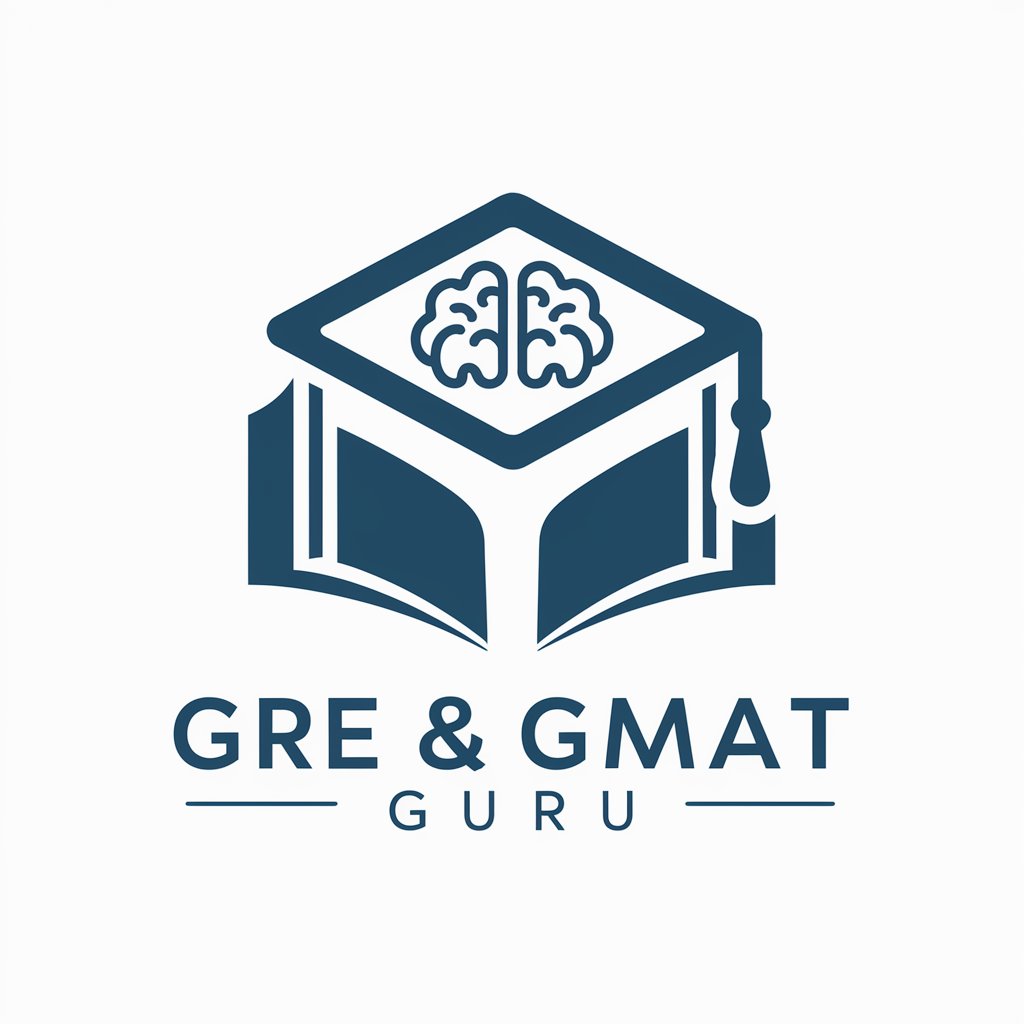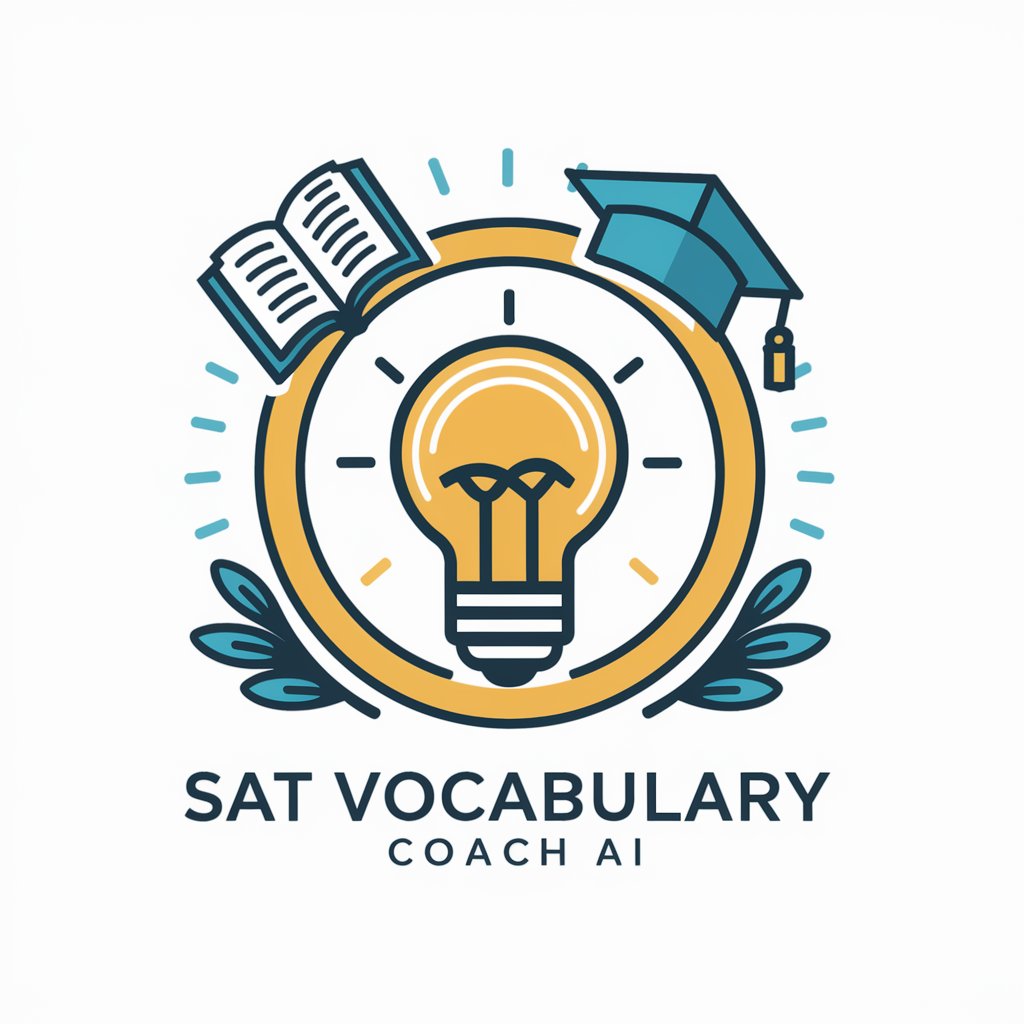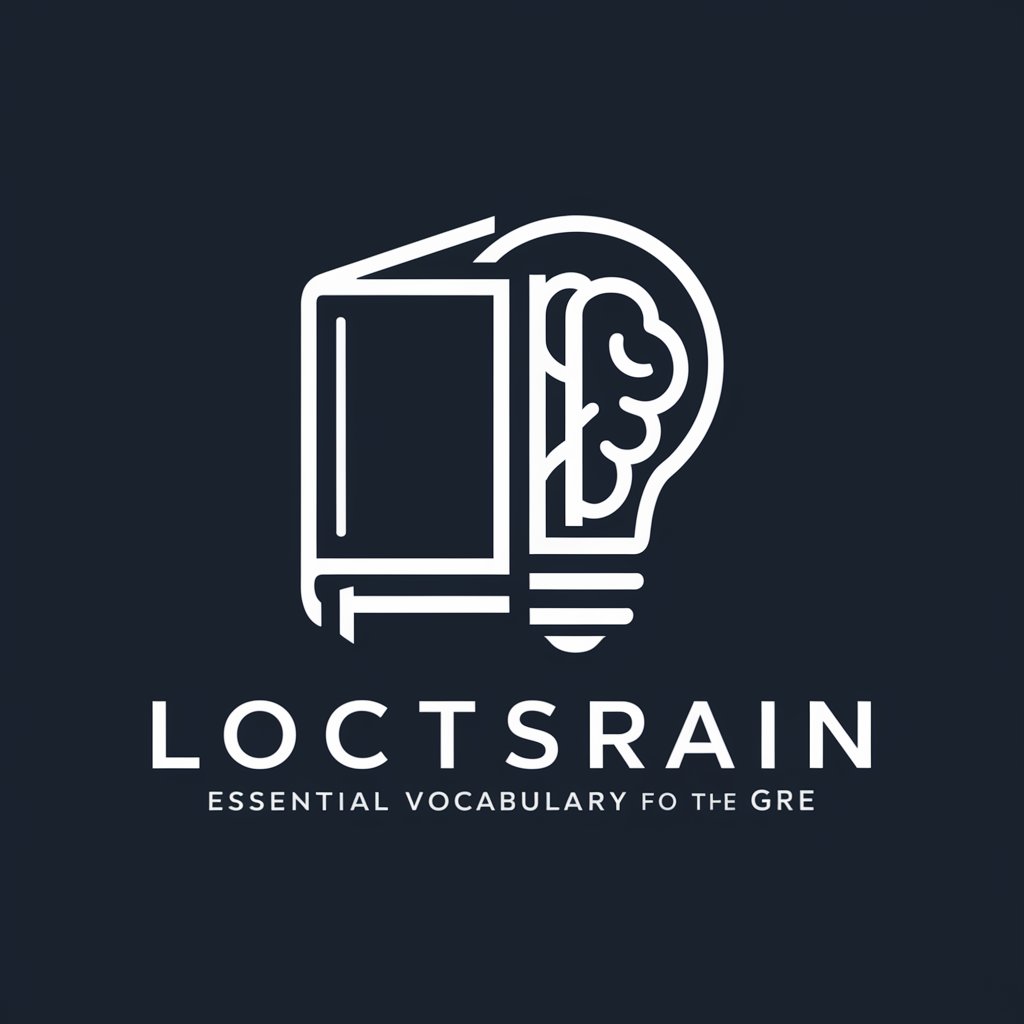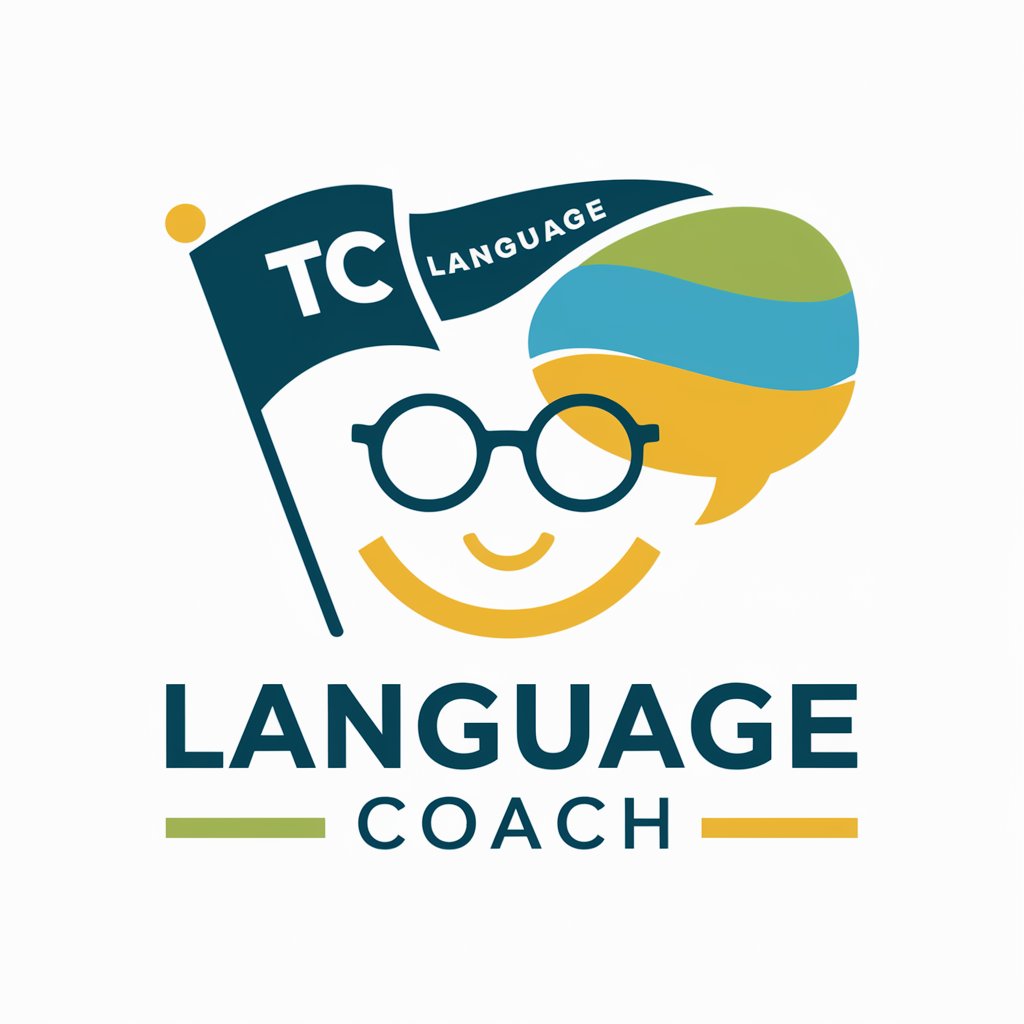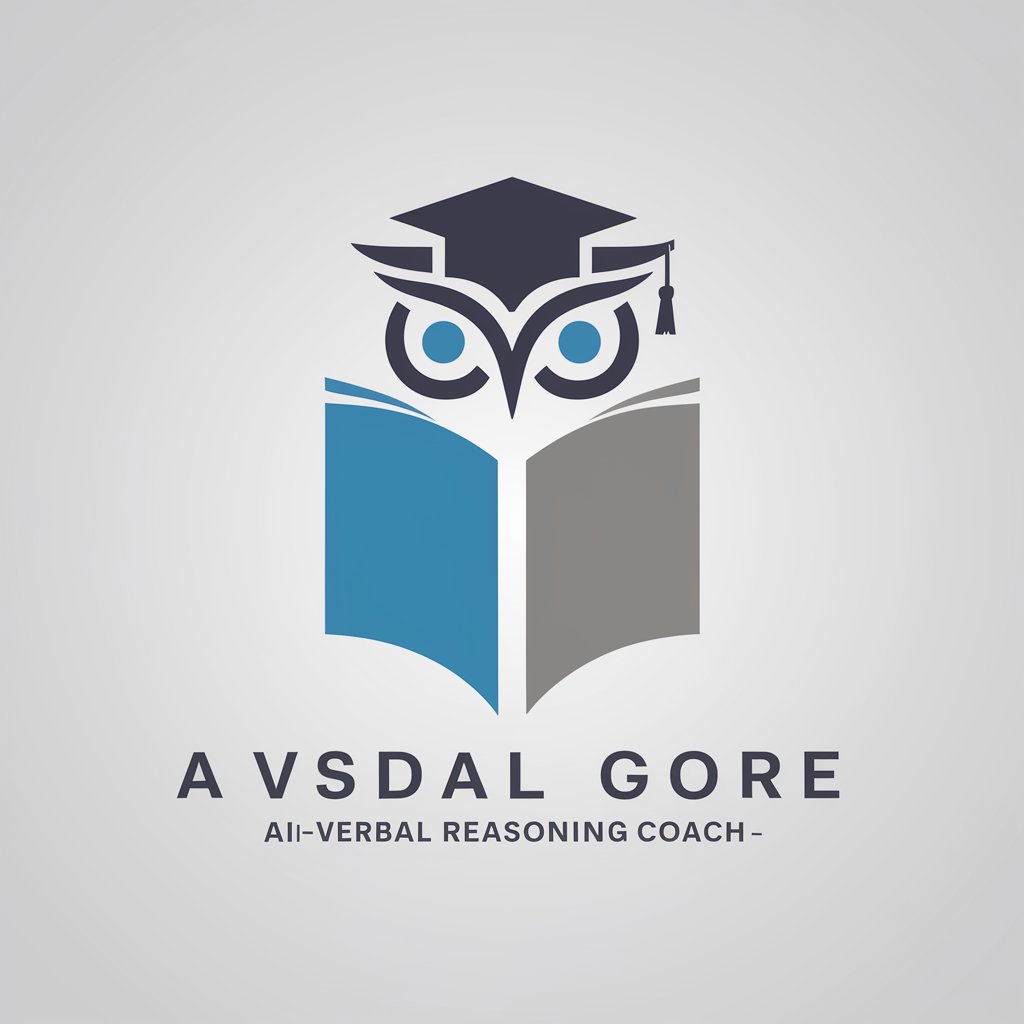
GRE Vocabulary Instructor - GRE Vocabulary Analysis
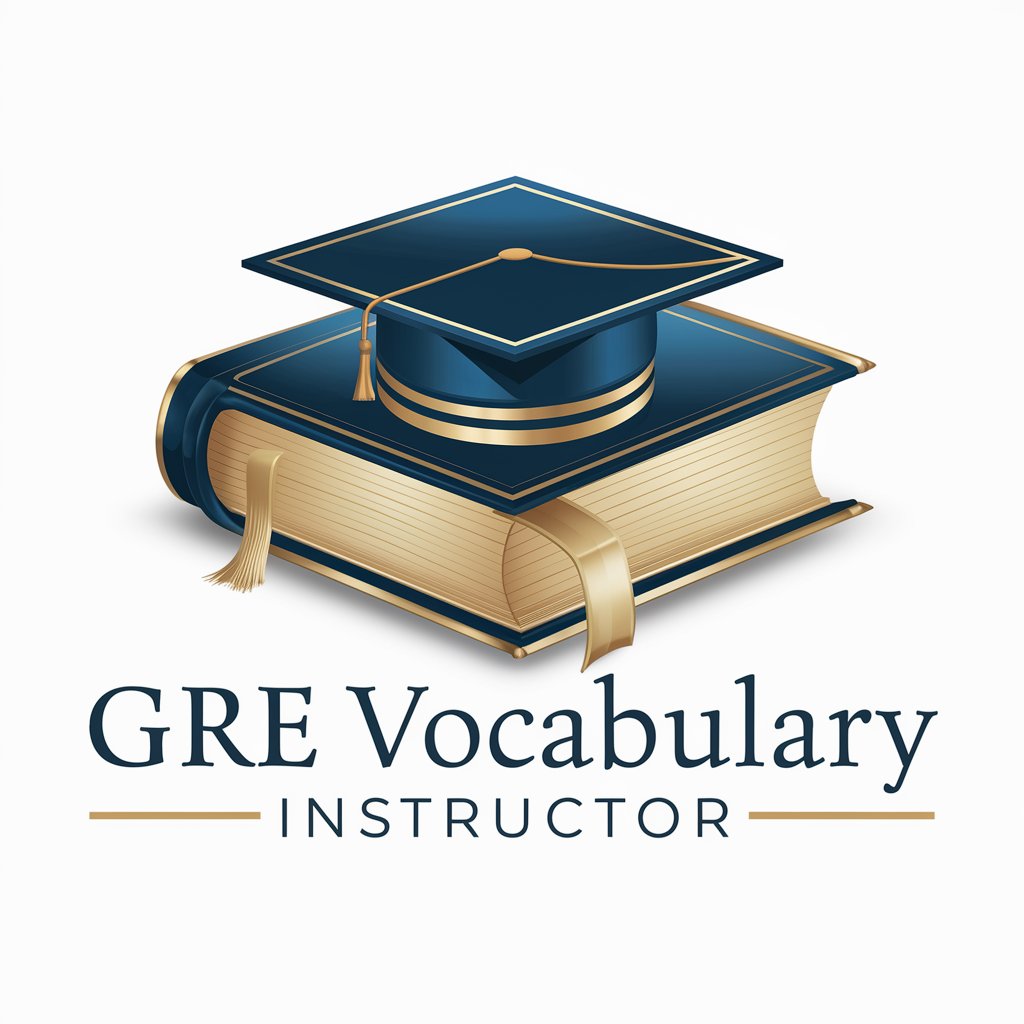
Welcome to GRE Vocabulary Mastery!
Empowering GRE Success with AI Vocabulary Coaching
Analyze the meaning and usage of the word 'ephemeral' in a GRE context.
Provide a detailed comparison between 'mitigate' and its synonyms for GRE vocabulary preparation.
Explain the nuances of the word 'gregarious' with mnemonic techniques for better retention.
Break down the word 'obfuscate' and its synonyms, focusing on pronunciation and sentence usage.
Get Embed Code
GRE Vocabulary Instructor: A Comprehensive Overview
The GRE Vocabulary Instructor is designed to provide an in-depth and comprehensive analysis of GRE-level English vocabulary, specifically tailored for students preparing for the GRE Verbal Reasoning section. This specialized role involves breaking down complex vocabulary into understandable segments, covering formal English meanings, Chinese translations, sample sentences, mnemonic techniques, and comparative analyses with synonyms. An example scenario might involve a user struggling to differentiate between 'precipitate' and 'catalyze'. The instructor would dissect each option, offering detailed meanings, uses in sentences, and memory aids, thus clarifying subtle differences and aiding retention for the GRE test. Powered by ChatGPT-4o。

Core Functions of the GRE Vocabulary Instructor
Vocabulary Analysis
Example
For the word 'obfuscate', the analysis includes its pronunciation, meaning ('to make something less clear and harder to understand, especially intentionally'), Chinese translation (使模糊), a sample sentence ('Politicians often obfuscate the truth about their intentions'), mnemonic ('obfuscate sounds like 'obvious' + 'fog', making something obvious hard to see clearly'), and synonyms ('confound', 'bewilder') with comparative analyses.
Scenario
This function is applied when a user encounters a word unfamiliar to them and seeks a deeper understanding to improve their vocabulary for the GRE.
Comparative Synonym Analysis
Example
Examining 'enervate' and its synonyms 'weaken' and 'debilitate', detailing the nuances that 'enervate' specifically implies a draining of energy, while 'debilitate' suggests making someone weak and unable to function effectively, and 'weaken' is more general. Mnemonics and sample sentences illustrate these distinctions.
Scenario
This is useful for users who know a word's basic meaning but struggle to grasp its specific connotation or usage in different contexts.
Target User Groups for GRE Vocabulary Instructor Services
GRE Test Preparers
Students who are preparing for the GRE and aim to enhance their verbal reasoning scores. They benefit from detailed vocabulary analyses, which help in understanding complex words, improving reading comprehension, and increasing test performance.
English Language Learners
Non-native English speakers looking to expand their academic vocabulary for higher education settings, especially in English-speaking countries. The detailed breakdowns and mnemonic techniques aid in memory retention and practical usage.

How to Use GRE Vocabulary Instructor
1
Access a complimentary trial at yeschat.ai, bypassing the need for login or subscribing to ChatGPT Plus.
2
Choose a GRE verbal multiple-choice question you need help with and input the vocabulary choices provided in the question.
3
Submit your query and wait for a detailed analysis of each vocabulary option, including meanings, usage, and mnemonics.
4
Review the comparative analysis between the primary word and its synonyms, focusing on nuances and usage differences.
5
Utilize the information to enhance your vocabulary understanding, employing the tips and mnemonic devices for better recall during the GRE test.
Try other advanced and practical GPTs
Custom Instructor
AI-Powered Role Emulation and Guidance

SAFE Instructor
Empowering startups with AI-driven SAFE insights.

Gym Instructor
Tailoring your path to fitness with AI

IA Instructor
Unlock AI potential with guided learning.

Infinite Instructor
Empowering Learning with AI Insight

Drumming Instructor
Personalized drumming lessons powered by AI

Board Game Instructor
Learn board games smarter, not harder.

Flight Instructor
Navigating the skies with AI-powered expertise

Golf AI Instructor - WhysGuy
AI-powered Golfing Guru

How to lower blood pressure (not medical advice)
Empower your heart with AI

Lover
Empowering Conversations with AI

Plant Power
Cultivate green thumbs with AI!

Frequently Asked Questions about GRE Vocabulary Instructor
What makes GRE Vocabulary Instructor unique?
GRE Vocabulary Instructor stands out by providing in-depth analyses of GRE-level vocabulary, including phonetic spellings, formal meanings, usage examples, mnemonic devices, and comparative analyses with synonyms, tailored to enhance understanding and retention for the GRE verbal section.
Can GRE Vocabulary Instructor help with words beyond the GRE?
Yes, while specifically designed for the GRE, the detailed vocabulary analysis provided can benefit users looking to improve their overall English vocabulary, making it useful for academic writing, professional communication, and advanced English learning.
How often should I use this tool for effective learning?
Regular usage, such as daily practice with new vocabulary questions, is recommended to build and retain a robust vocabulary. Consistent engagement with the tool allows for gradual improvement and prepares users effectively for the GRE verbal section.
Can I suggest new features or improvements for GRE Vocabulary Instructor?
Absolutely, user feedback is highly valued for enhancing GRE Vocabulary Instructor's functionality. Suggestions for new features or improvements can be submitted through the feedback option available on yeschat.ai.
Does GRE Vocabulary Instructor support learning for non-native English speakers?
Yes, it is an excellent resource for non-native English speakers aiming to expand their English vocabulary for academic purposes, professional advancement, or personal enrichment, providing detailed explanations and examples to aid in understanding and usage.

